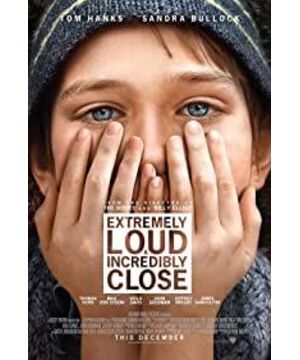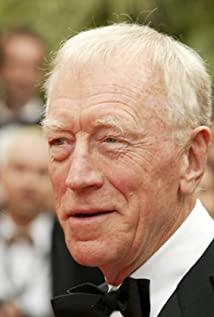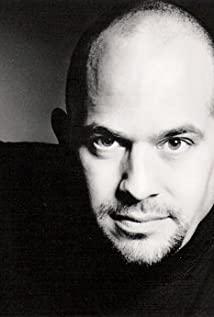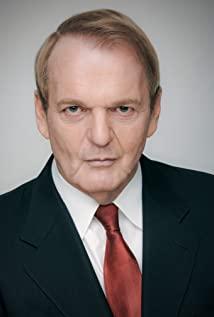New York has 5 regions (5 Boroughs), namely Manhattan, Queens, Bronx, Brooklyn and Staten Island. So interesting, I just googled it and someone asked where is the sixth district in New York.
================
Oskar said in a long paragraph at the beginning, at 00:03:51 he said-finding the sixth area is the biggest challenge. At 01:58:30 at the end of the film, Oskar finally found the note his father had left him, which read-You proved the existence of the sixth district. So looking at the whole film, the sixth district is not a real existence, at least not an urban area filled with reinforced concrete. He is a spiritual level, like our "Xanadu".
It seems that I have to talk about 9/11. Obama said that 9/11 brought trauma, destruction and painful memories, and at the same time gave the United States and the American people an opportunity to achieve unprecedented unity. Oskar walked almost all over most of New York. People had a series of reactions such as indifference, resistance, and rejection. Even when he contacted him and Abby Black of the blue vase, he didn't give a good face when he first saw it. Here is a comparison. The first time I saw Abby Black, she was arguing with her husband, and at the end, I received a letter from Oskar that the two had reconciled. When Oskar, who was running around the city with his keys, found the answer to his own puzzle, it also made Zhou's affected people feel better. Is this the lock that the key will find after all? The film didn't tell what William Black got from his father. But this is not important. How can a material gift be more meaningful than encountering a child who insists on following the puzzle left by his father (he thinks that finding the answer will bring him closer to his father) and has the same experience as him? -This process itself is self-discovery and self-realization.
Oskar lost his father, but regained his grandfather and mother.
——Is it like the Americans who lost the Twin Towers but re-examined themselves and got more comforting neighbors? During the period, there were also hesitation, ignorance, discouragement, madness, and stupid things, but in the end, didn’t you get out of your mental dilemma? Is Oskar a symbol of America? Independent, domineering, bossy, experienced depression and stagflation, but in the end will be as hopeful as Oskar?
—— "The cry may last all night, but the joy will come tomorrow morning."
——It's the time to let it go. The unwillingness to let go, paranoia, hatred and everything else is the time to let go.
So or perhaps, the sixth district is the hope of every American (or New Yorker) who has experienced the baptism of disasters and tumultuously and re-examined his soul.
The other end of the key is a miracle.
Some people say that they hate his crazy appearance, personally think he is not crazy, just paranoid, but from the beginning we can see that this kid is not an ordinary 9-year-old elementary school kid who laughs and plays. Or he has more or less Asperger Syndrome (Asperger Syndrome) hereinafter referred to as AS. What is the clinical manifestation of AS patients? To borrow from the wiki: social difficulties, communication difficulties [with mother], stubbornness, narrow interests, repetitive specific behaviors, emotional instability. Or—outlier, isolated, often contacting others with unusual and strange behaviors, self-centered [snarling, forcing grandmother to talk to myself on the walkie-talkie in the middle of the night], chattering "speaking" to the audience (usually to adults) [ With Grandpa] The content is about his hobbies or narrow topics that are unique [noisy, excessively informative, and detailed explanations of his contact with 472 people surnamed Black]; showing interest in making friends and meeting others, but Such desires often lead to communication failures due to their clumsy communication skills and not understanding other people's feelings [said to Abby Black can I kiss you, and forced to take pictures] (such as boredom, eagerness to leave, need for privacy). I dare not say whether he really has AS, but at least he has such a personality. For Oskar, my feelings are very simple. He may grow up to be a philosopher.
For a while in the middle of the night, he stood by his mother's bed and forced her to say that he should not bury him after he died. At this time, he had touched the ultimate topic of philosophy-life and death. Everyone is going to die, and everyone can't escape bad luck. The mother coaxes the child to say that you will not die and that you can live a long time. Who can say this kind of thing accurately? Oskar seems to be able to see through life and death here, and look at death sensibly? The father's tomb is nothing but an empty box, and he has begun to think about meaning rather than expressive satisfaction. It echoes one of the themes of the novel-death.
Someone complained about the title of the film. It was adapted from the novel of the same name by Jonathan Safran Foer, and the title is also the title of the book... After
watching the whole PPS, I didn’t cry, and I didn’t know whether to cry because of Mao, crying is not a selling point, and crying is not the purpose of filming, of course. It is understandable if you have experienced 9/11 or lost a loved one. But looking at bitter cauliflower is not as good as watching bitter cauliflower for crying. The overall orientation is to let go and start anew. Let it go is the theme. Then a child who persuades a child to let go of the past and start life again, what can't you let go?
View more about Extremely Loud & Incredibly Close reviews











